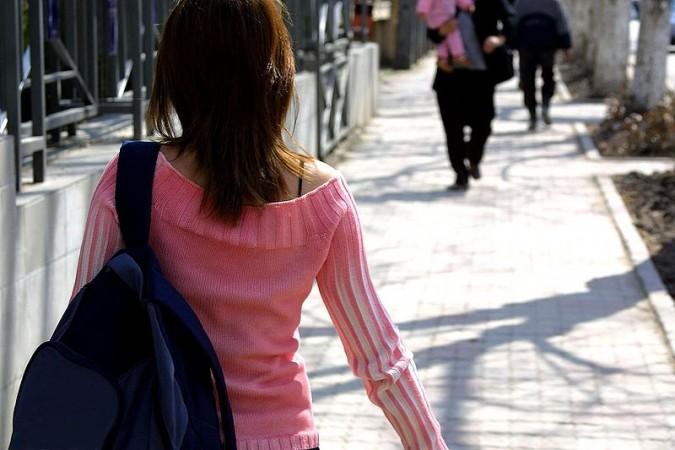
#NotAllMen trended on Twitter India three days after the now infamous and widely reported mass molestation took place on New Year's Eve in Bengaluru. Soon after, the incident was dubbed as "Bengaluru's night of shame", and it was compared to Delhi, which is still the worst city for the elderly, children and women, according to 2015 National Crime Records Bureau data.
Also read: Woman groped in Bengaluru's Kammanahalli, 4 detained
While men responded to the event indicating that it wasn't them, the question still remains as to who is responsible for the humiliation of women's bodies. Karnataka Home Minister G Parameshwara shirked responsibility by blaming the "western ways" while Samajwadi Party's Abu Azmi held the women accountable for stepping out in short clothes at night with men who were not from their family.
The debate around women's safety has finally arrived in Bengaluru and the incident can be seen as an awakening for the city that was lulled into safety and complacency since nothing "major" had taken place in previous years.
Women in the city spoke to International Business Times, India, and almost unanimously they felt it is not fair to compare Bengaluru to Delhi. Though their reasons are different.
"I have been living in Bengaluru for 15 years and I don't think that one night, which was uncalled for, would change my opinion about the city. I feel safe and don't have any hesitation in stepping out at night even if there is no adult supervision," said 15-year-old Arpita Reddy. "I think that night a lot of police personnel were deployed and I still have faith in them," she added.
"I have been to Delhi and even in broad daylight on any normal day, the capital is more dangerous than Bangalore. I would definitely not compare Bangalore to Delhi," she said.
While the 15-year-old's denial in comparing the IT city to Delhi comes from a sense of security in Bengaluru, there are others who feel that cities have specific problems and comparing one against the other is not the right way to go forward.
Sudha Balachandaran, a user-experience designer, who has lived in the city for several years, said: "People are still trying to understand how women having independence has to be perceived. It opens opportunities to have that kind of dialogue. It is shocking to see Bengaluru in that light but it is important to have that kind of conversation. Safety for women needs to be tackled in a better manner from the authorities' perspective."
"The city has become metropolitan and the culture is no longer the same as the original residents. An incident like this will not be shelved away that easily in Bengaluru...I never thought Bengaluru was safer than Delhi. I thought that because of the kind of cultural environment we were in. The type of reporting is different in the two cities," she added. "While violence against women exists in the city, it probably gets less reported."
Sreya Vittaldev, creator of Humans of Bangalore Facebook page and marketing manager at a food delivery service, said: "Bengaluru is definitely not safer than any other city. I don't know why anyone would be under the impression it is. The only reason people think it is safer is because none of these issues were brought out in the open. They have always existed and we never really hear of them."
"These things are coming to light now. A lot of people said that local Kannadigas won't do such things but it's completely wrong. I think they're living in denial. While I'm not saying that this was done by outsiders or Kannadigas, that's not the point. People are digressing," she added.
Jasmeen Patheja, Blank Noise Founder/ Facilitator, said, "Violence against women, misogyny, rape culture is an issue across the world, in varying degrees. I cannot compare Bangalore vs Delhi, or answer which is worse, it is indeed everywhere. There are women narratives emerging from across the world, New York, Seoul, Bangalore. Every place , city, town, country needs to examine, not deny, address the issue of violence against women. This is everywhere. It is local. It is global. There is a resonating dialogue on victim blame across the world too."
Blank Noise is a public art project that confronts street harassment.

















